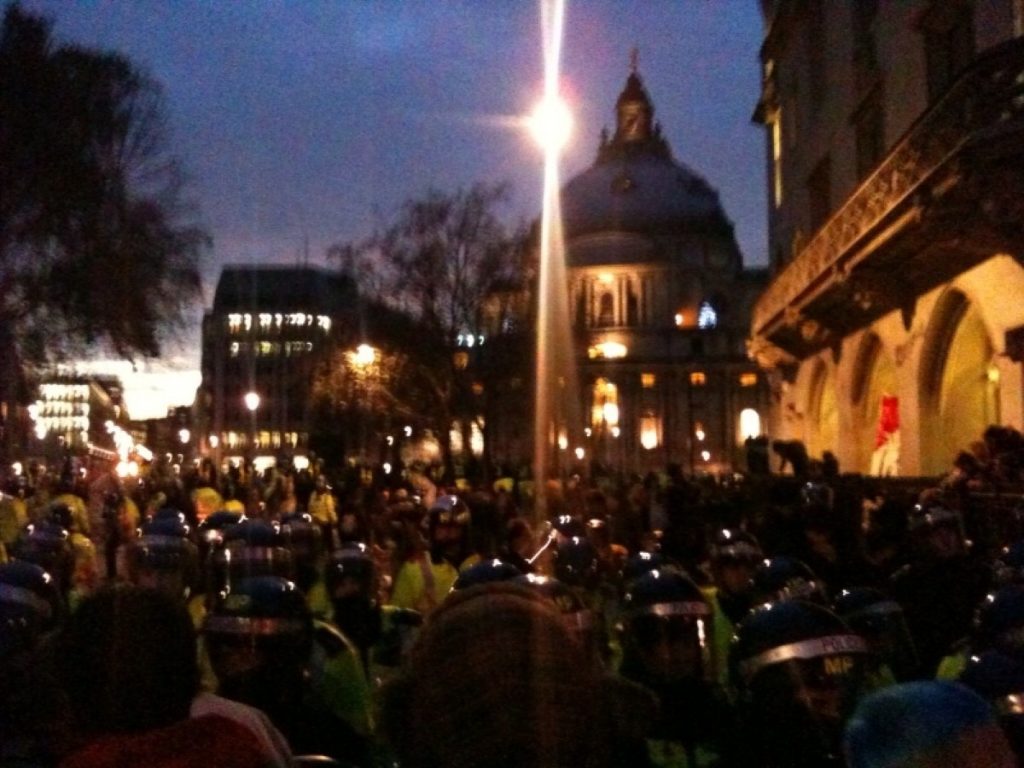New student protest set for January
By politics.co.uk staff
Central London will be the scene of more student protests next month, as organisers plan another demonstration against tuition fees.
The next demonstration will take place on January 29th, according to plans from the Education Activist Network and the National Campaign Against Cuts and Fees – the two groups which have taken the lead on most of the later protests.
The protests in the tail end of 2010 have been typified by a tough police response and angry behaviour from student demonstrators.


The gathering outside parliament turned into a riot, as protesters clashed with the police in running battles while MPs voted on the plans in the Commons.
In a sign of increased coordination among opponents of government cuts, student leaders have written to trade union officials to ask for their support.
Paul Kenny, general secretary of the GMB, replied: “Can I express complete support for the call for opposition to the disgraceful and immoral attacks on access to education which these latest fee rates represent?
“GMB is proud to join with students and the University and College Union and our public services section shop stewards and members will be contacted in order to maximise our support.”
The announcement follows a hard-hitting article in the Guardian from new Unite leader Len McCluskey, who called for union officials to learn from the student demonstrations.
“Their mass protests against the tuition fees increase have refreshed the political parts a hundred debates, conferences and resolutions could not reach,” he said.
“The magnificent students’ movement needs urgently to find a wider echo if the government is to be stopped.”
But police are likely to view the sate of January 29th with some trepidation. With student supporters criticising them for heavy handed tactics, many media outlets calling for tougher enforcement and widespread disbelief that the attack on Prince Charles and Camilla’s car had been allowed to take place, the Met is under unprecedented scrutiny over its policing of the marches.









